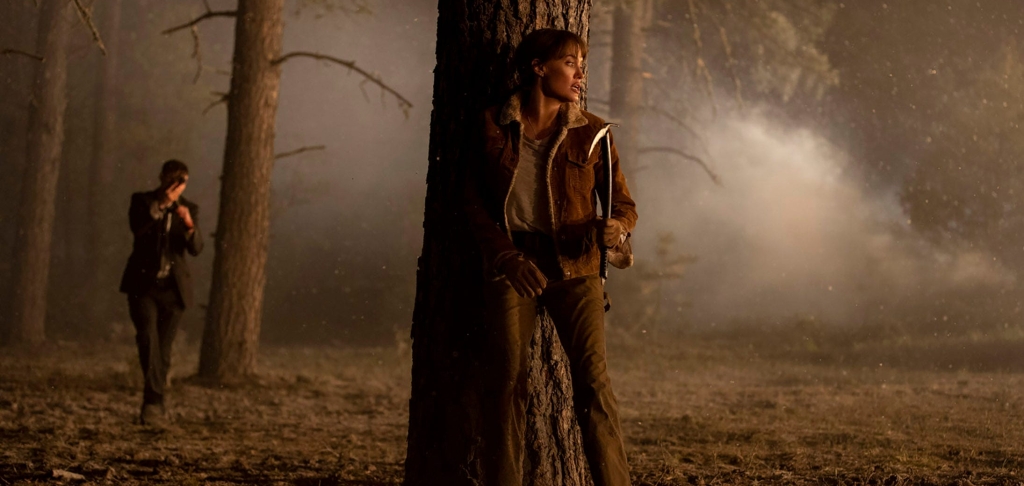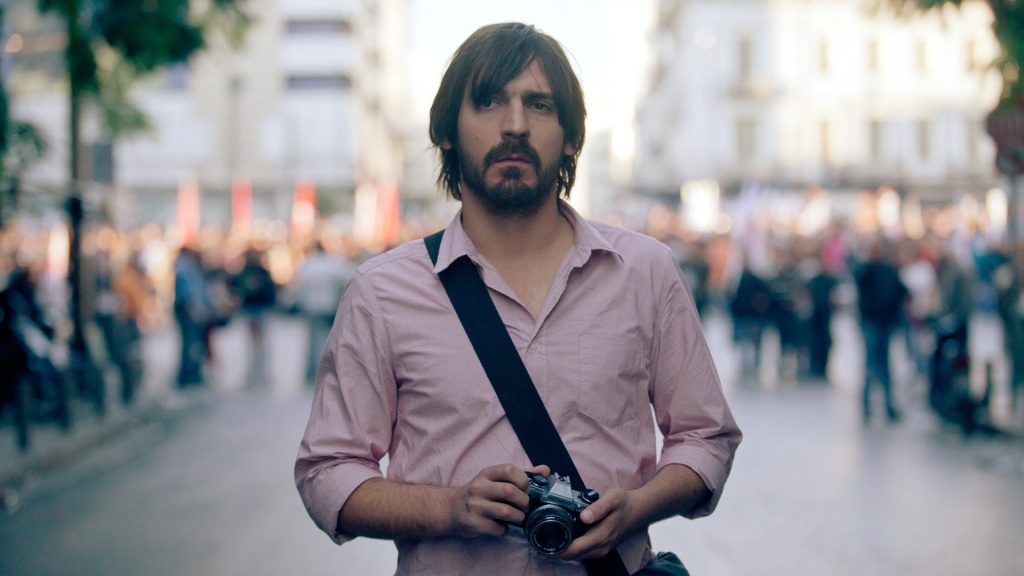 Forced into retreat by the Germany army, 400,000 British soldiers find themselves trapped on the beaches of Normandy. While a small group of infantrymen struggle to get on-board an evacuation ship, a squadron of Spitfires head out to defend the troops from German air attack, and a father and son set out from England in their own boat to help rescue whoever they can.
Forced into retreat by the Germany army, 400,000 British soldiers find themselves trapped on the beaches of Normandy. While a small group of infantrymen struggle to get on-board an evacuation ship, a squadron of Spitfires head out to defend the troops from German air attack, and a father and son set out from England in their own boat to help rescue whoever they can.
Christopher Nolan’s Dunkirk is a stunning and impactful cinema spectacle. It takes a critical event from World War II, strips out everything except the core in-the-moment details, and then hammers it at his audience for a tightly edited 106 minutes. The result is arguably the most effective war movie since Spielberg’s Saving Private Ryan, and in many aspects Nolan’s film surpasses it. This is an outstanding work of pure cinema.
Everything not immediately relevant to the action at hand has been removed. There is little to no backstory for any of the film’s characters. With some it’s genuinely a struggle to know their names. The film never cuts away to nervous waiting families. We do not see inside Churchill’s war room, and while we do hear his famous “we will fight them on the beaches”, it is read from a newspaper by one of the soldiers. If it does not directly happen to a soldier, an air force pilot or a father and two boys sailing their boat across the Channel, it does not exist in Dunkirk. In the entire film, you only see two Germans – and even then they are pictured briefly and out of focus. This all has a remarkable effect. Arguably more than any other film I have seen, Dunkirk exists completely in the moment. Back story does not matter. Names do not matter. What matters is whether or not a Spitfire pilot will run out of fuel, or if a boat can load up on soldiers before the oil-slicked waters around it catch on fire, or if a bullet from a German fighter strikes one soldier or the man next to him. It is hugely and satisfyingly intense.
Nolan employs an innovative narrative structure to the film as well. It is effectively split between land, sea and sky. On the beaches of Dunkirk, events take place over the course of a week. On the English channel, events take place across one day. In the air, one pilot’s mission to defend the British troops from enemy fighters lasts one hour. Nolan then intercuts between the three. It sounds complicated, but hugely effective editing from Nolan and editor Lee Smith keep matters not only understandable but enormously suspenseful. As the three narratives converge, we begin to glimpse characters from one plot thread inside another. By the time the film concludes, the longer arcs have overtaken the shorter ones. It creates a remarkable sense of drama throughout.
A cast of mostly unknown actors deliver hugely realistic performances, keeping everything grounded and believable. The four better known actors – Kenneth Branagh, Mark Rylance, Tom Hardy and Cillian Murphy – stand out by virtue of their pre-existing fame, but really it is a true ensemble effort and there is not a weak actor in the whole group. It is a universally male film, but given its historical and geographic setting that can hardly be considered a fault.
Technically the film is superb, from Hoyte van Hoytema’s iconic cinematography to Hans Zimmer’s hypnotic, constantly rolling score. This kind of slick presentation is par for the course for a Christopher Nolan picture, but with such a deliberately sparse screenplay and pared-back characters the quality is all the more apparent.
The bottom line: Christopher Nolan is one of the strongest feature directors working today, and Dunkirk captures him working at his absolute finest. It is that rare film that deserves to be called a masterpiece.





Leave a comment